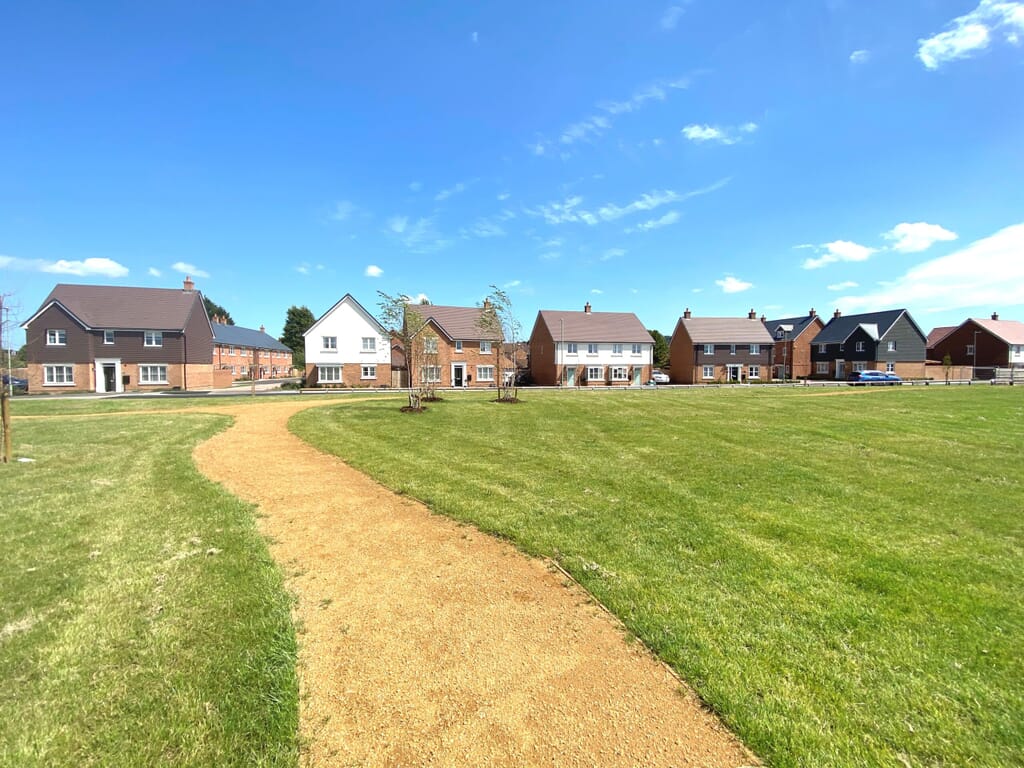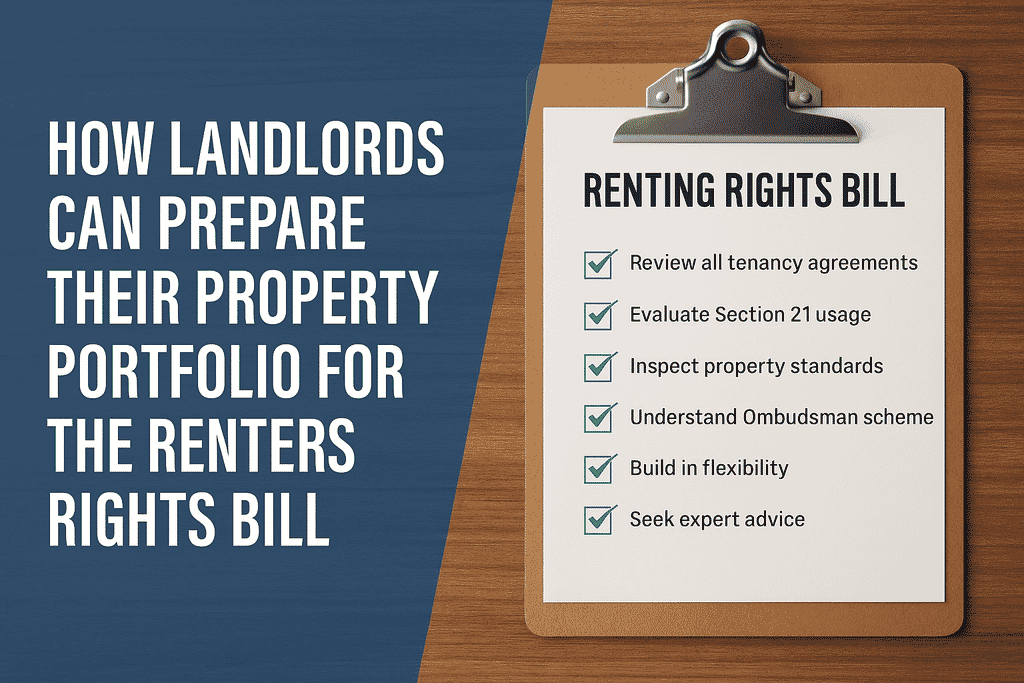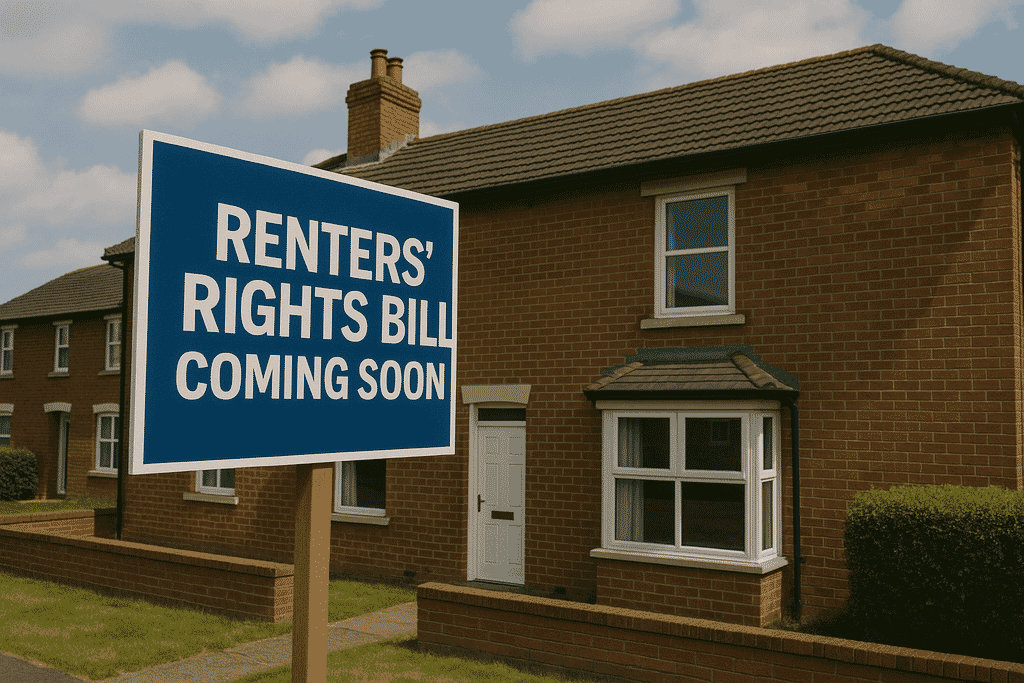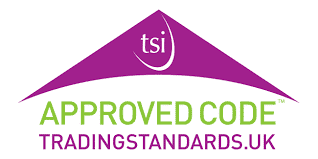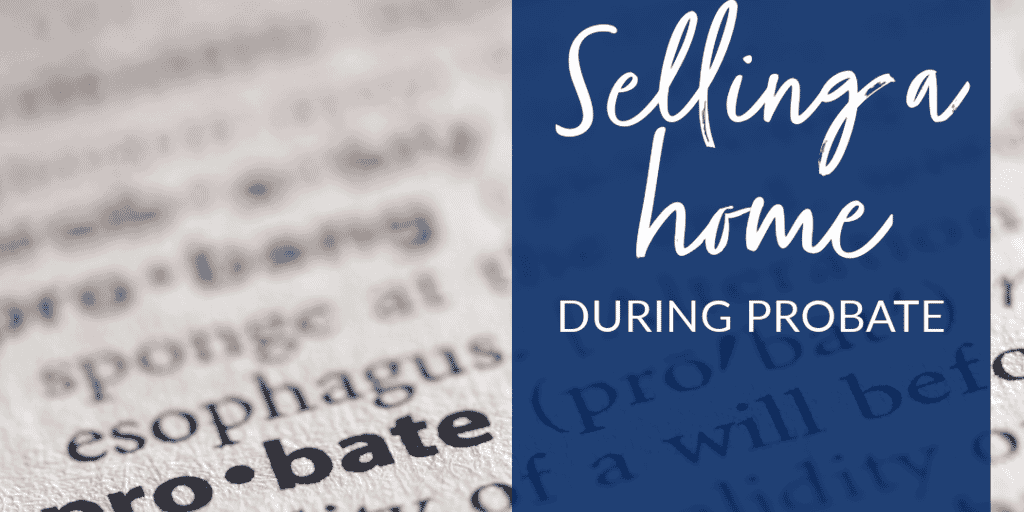
This simplified guide for England and Wales provides a basic overview. Specific situations might require further legal advice.
Dealing with an estate which involves a home or piece of land that need to be sold? Selling it involves probate. This guide explains the key steps and answers common questions.
What is probate?
Probate is the legal process of managing a deceased person’s estate. This includes valuing assets, paying taxes, debts, and distributing remaining assets (like houses) to beneficiaries, as per the will (if any).
Do I need probate to sell a house?
Generally, yes. Without a “grant of representation” (probate), you lack the legal authority to sell. However, there are exceptions:
- Joint ownership: If the deceased jointly owned the house with a surviving spouse or partner, they might not need probate to sell.
- Property trusts: If the house is held in a trust, the trustee may handle the sale without probate.
Selling a house during probate:
- Value the estate: Determine the total value of all assets, including the house.
- Pay inheritance tax (IHT): If due, settle the IHT before applying for probate.
- Obtain the grant of representation: Apply for the grant after valuing the estate and paying any IHT. This confirms your authority to manage the estate, including selling the house.
- Prepare the house for sale: Make minor repairs, decorate, etc., to enhance its value.
- List the house: All of our valuation managers are expertly trained to market the property.
- Accept an offer: Once you receive a suitable offer, you can accept it on behalf of the estate.
- Exchange contracts: When both parties agree on the terms, contracts are exchanged, making the sale legally binding.
- Complete the sale: Once all legal requirements are met, the sale can be finalized, and remaining funds distributed to beneficiaries.
Can I market the house before getting the grant?
Technically, yes, but with caveats:
- Executors: As executors, you can market the house before the grant, but buyers and agents must be informed it’s contingent on obtaining the grant. Delays or issues could lead to complications.
General recommendation:
- Seek legal advice: Consult a probate solicitor to navigate the legal intricacies and ensure smooth execution.
What will I be asked for when I list the property?
Before we can market the property for you, we will be required to see a copy of the will or other legal document confirming who the executors are.
All executors who are listed on the document will be required to provide photographic identification and address identification, as well as signing our Terms of Business. Only executors of the will are allowed to list a property, not beneficiaries of the will.
You will also need to gain as much information as possible regarding the property in order to complete the Property Information Questionnaire, as well as documentation for the solicitors once a sale has been agreed. Examples of useful information to know includes any structural changes to the property, restrictions/covenants and potential guarantees/warranties.
Need further help?
Contact our local branches today to receive further advice, or to book a free valuation of your probate property.


